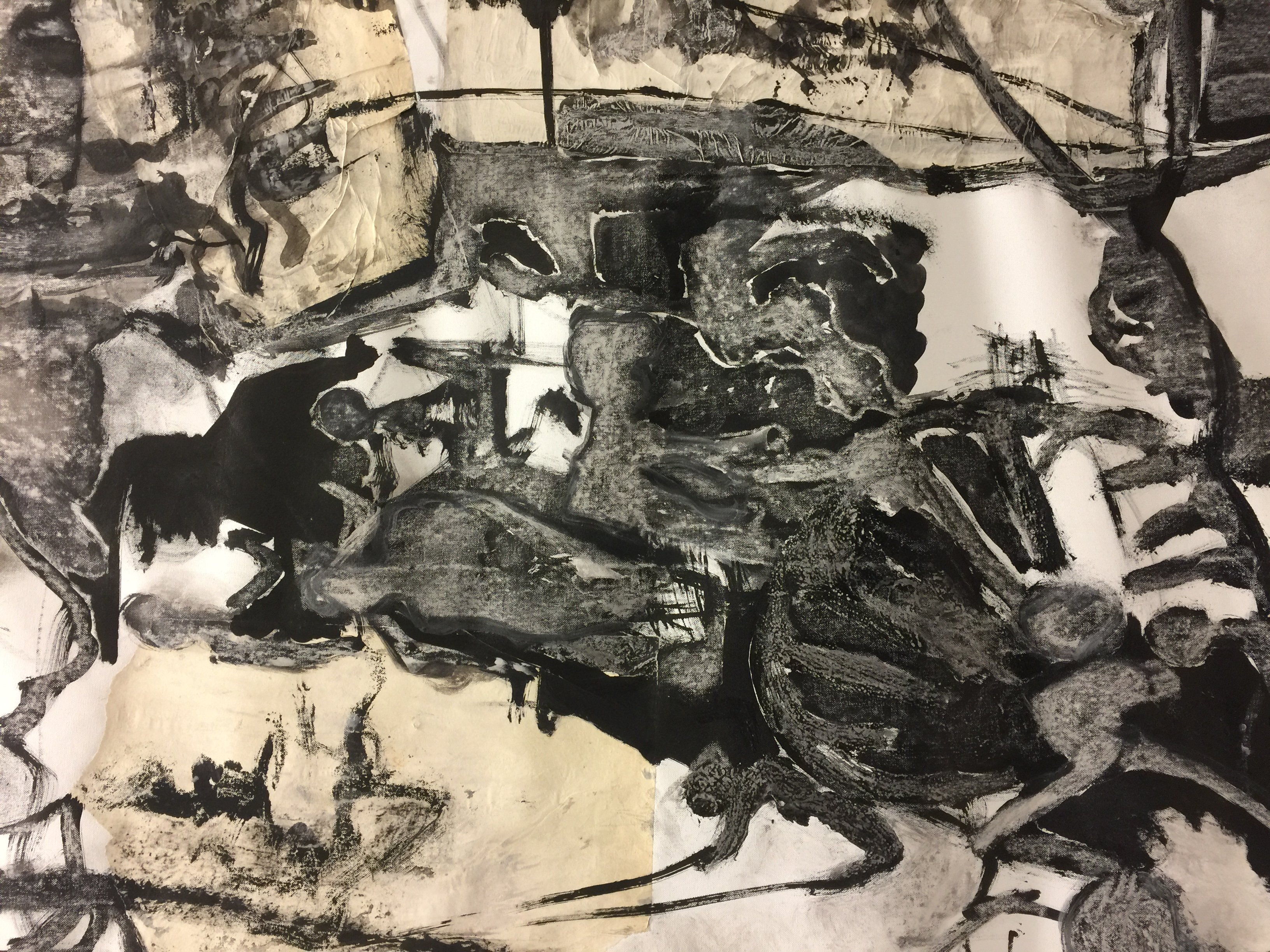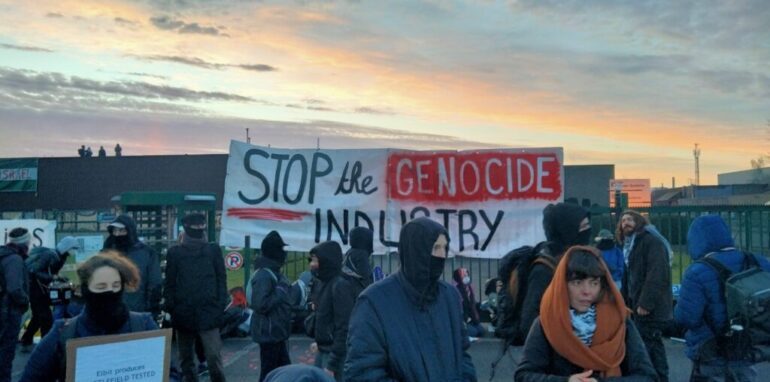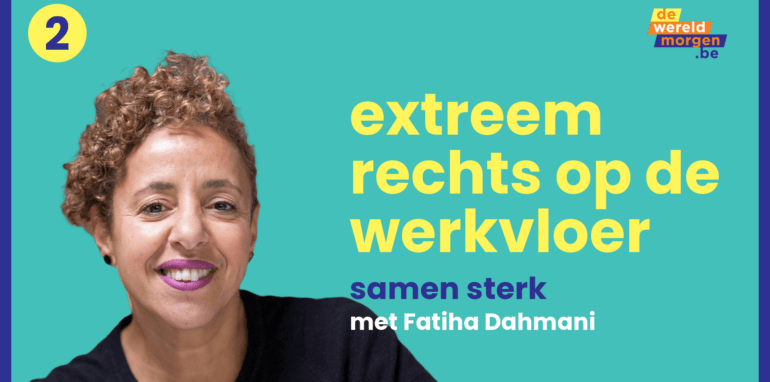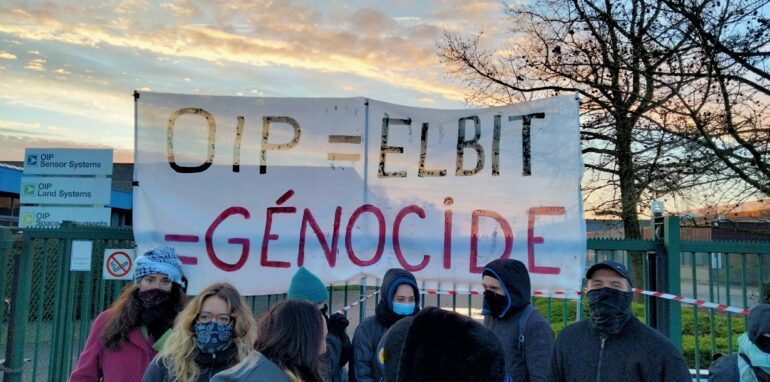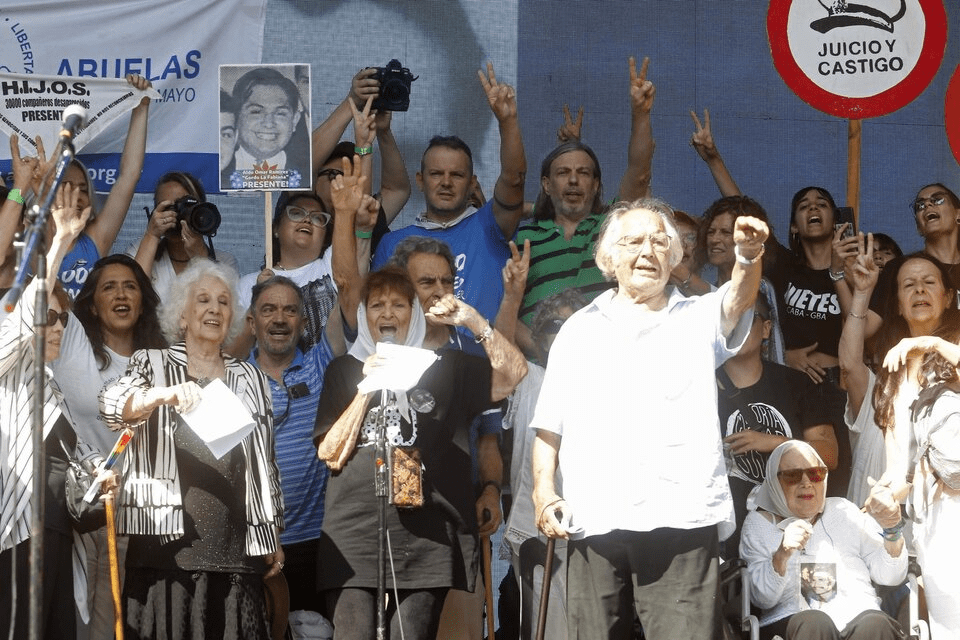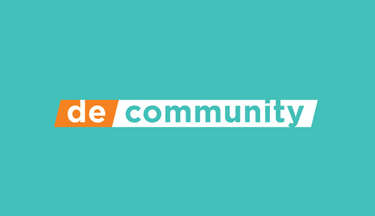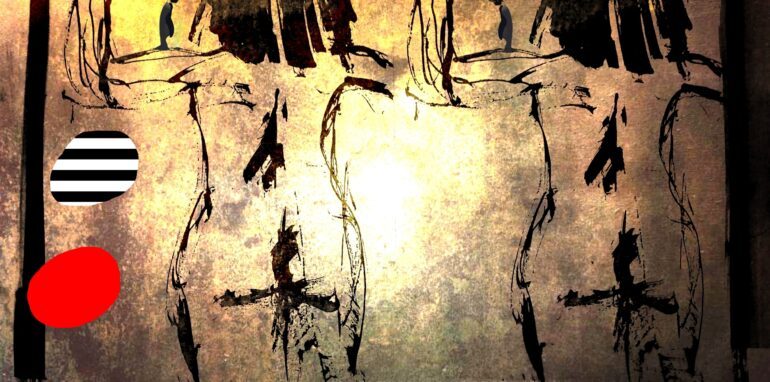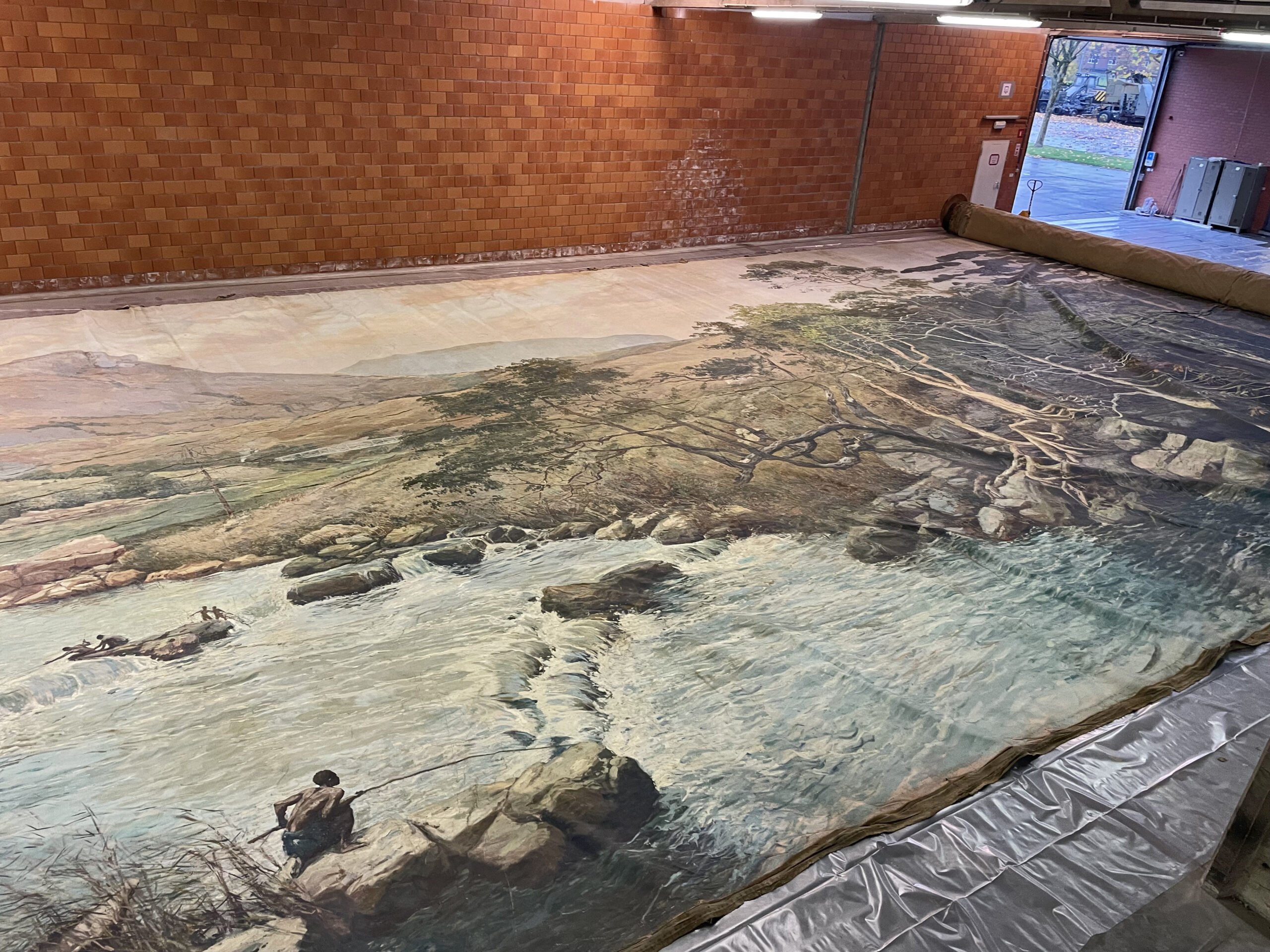“Hope is not the belief that everything is just going to be ok. Hope is the belief that, despite the fact that the odds are against us, we can still resist going back, even if we’re not going forward. This can not happen within a capitalist framework.”(Marc Hill Lamont)
For several days, right from the beginning of the lockdown in fact, I have been dreaming of a postcorona manifesto in which the best minds of our generation would plead for the necessity of radical change. In my vision it was nothing less than a “Charter For The Future”.
Neo-liberalism was the first to be cast aside, this pernicious ideology with its upward redistribution towards the wealthiest and their tax paradises. Away with market fundamentalism: in reality the market is regulated, heavily subsidized, and the quasi-monopolies of a handful of mega multinationals rule the world economy. Neo-liberalism needs to be overhauled because it is an accessory to this crisis by cutting back the welfare state. Many pages have been written about this, but not always explicitly naming the culprit. Now we know how important the healthcare sector really is and how indispensable social security. The best minds provided, in my dream, the ammunition to silence all those think tanks (From Montpelerin to our local Itinera) and expose them, once and for all, as lackeys of the most rabid capitalism. So, point one in positive terms: recovery of the welfare state! Redistribution and reciprocity are the anthropological basis of every community! The economy at the service of society and not vice versa. The corona crisis is one historical occasion to overcome that upside-down world. Not the end of world.
It brought me to the second point: we must avoid climate catastrophe and repair the biosphere (not easy). We’re all in the same boat – that is something this crisis has taught us. The planet is indeed one and indivisible, like humanity, which is all the way, from north to south and from east to west, threatened by the pandemic. We need to take more care of the biosphere, mother earth, as much as possible, posthumanism … Also because this pandemic is actually, according to specialists, an ecological problem (namely due to ‘zoönotic overspill’, a too great promiscuity between humans and wild animals).
Three. Strengthening solidarity, resilience and solidarity, end of hate populism. I got tears in my eyes when I saw the images on television of the social housing block here around the corner: the whole block made a festive noise to support the healthcare sector. Yes, those from the hell hole of Molenbeek, exuberantly showing their respect to all people in the frontline of the crisis. In this way, our multicultural fellow humans prove that they do feel part of our society. Finally, I see the neighbors across the street, every day at eight o’clock in the evening we clap and wave at each other. That is a life lesson for all of our society: solidarity, respect!
Four. Strengthening and restoring democracy. In my dream, not only Uncle Orban really had to be put in the corner when this crisis was over. He really is overdoing it, he is now a real dictator, within a permanent state of emergency. But it is also a warning to all. Sophie Wilmès (our prime minister) grows into our very own female Churchill unwillingly. But let this not become a habit, those full powers are for the executive. The “creeping coup” must be stopped everywhere and democracy must be restored, and above all, enriched. And there too we can learn from this crisis. Citizens and civil society took the lead, universities decided to close their buildings and switch to online learning when politicians hesitated and were still sending out irresponsible messages.
Point five was a very difficult one. World inequality is literally life-threatening, which makes this pandemic painfully clear once again. The residents of slums and refugee camps (but also the homeless) of the world risk becoming the worst and most unjust victims. Furthermore, a future global order should undo this structural injustice of neocolonial extractivism for the North and informal economy for the locals[i].
With those five points I was already over the moon in my dream. I saw, unfortunately too vague, five other points (fair taxation, reform of education, scientific research for the benefit of humanity and not profit, a new spirituality, …) but I left them for the best minds of our generation (otherwise it would be too long again for an opinion piece, I thought, almost awake from my dream). And thousands of personalities from all over the world signed this postcorona manifesto, millions of citizens endorsed it. It was adopted in the UN General Assembly….
Unbelievable? – I know. Well, it was just a dream. But that of the need for a radical change? We need to wake up from the nightmare of growth, profit, neoliberal rogue capitalism which leads to climate disasters and catastrophic inequality. Our society must wake up. In that sense, this pandemic is a historical opportunity, and of course I’m not the first or only one to say it. But “they”, the powers that be, will do everything they can to switch back to the order of the day as soon as possible, or worse: business as usual but with the maintenance of all kinds of authoritarian surveillance and digital big brother control. In that sense, all sorts of instances of civil society should now join forces for a postcorona manifesto. A charter for the future.
—
[i] This point five was rewritten by my ex-student, now colleague, phd researcher at the Department of Architecture of KU Leuven, Khalda El Jack, who fiercely objected to my formulation of ‘helping the global south’. Here some of her reasons, almost a point six of its own right: “This new global order goes hand in hand with structural change within our own societies, how we teach, the terminologies we use, etc. As Audre Lorde, and many like her have rightfully stated, we cannot bring down the master, using the master’s language. “Giving a voice to the voiceless”, “helping the south”, “send aid to Africa”, are but a few of the almost gimmicky statements used in the public domain as an inherited language of dominance and self-righteousness. The phrase “giving voice to the voiceless” is, in itself, one that exemplifies dominance, because in fact, nobody is born voiceless, but rather, are inferiorized and are not being heard. However, in the process of true liberation from the dominant forces of neoliberalism as neo-colonialism, and as we work together towards closing the gap that has led to inequality, the language we adopt, and thus act upon, should be one of inclusion and autonomy. Therefore, allow us to liberate ourselves and others from the dangers of the single story, and let us meet at the discussion table as equals”.
